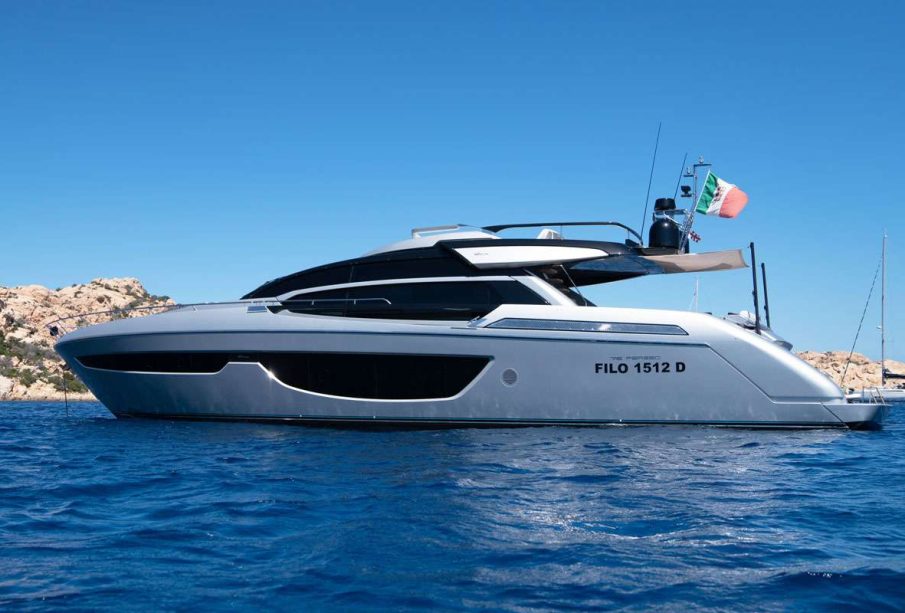Exploring the Enchantment of Sicily

Introduction to Sicily
Sicily, the largest island in the Mediterranean Sea, holds a significant place in both Italian and European history. Renowned for its rich cultural heritage, stunning natural landscapes, and exquisite cuisine, Sicily attracts millions of tourists each year. As Italy continues to recover from the impacts of the COVID-19 pandemic, Sicilian tourism is witnessing a resurgence, making it a crucial topic for both potential visitors and local businesses.
Sicily’s Cultural Heritage
The island is steeped in history, with influences from various civilizations including the Greeks, Romans, Arabs, and Normans. This is evident in its architecture, archaeological sites, and traditions. Key historic sites include the Valley of the Temples in Agrigento, a UNESCO World Heritage Site, and the ancient theatre of Taormina, which offers breathtaking views of Mount Etna, Europe’s highest active volcano.
Natural Attractions and Gastronomy
Beyond its history, Sicily is celebrated for its diverse landscapes that range from beautiful beaches to rolling hills and volcanic mountains. Visitors flock to the beaches of San Vito Lo Capo, known for their pristine sands and crystal-clear waters. Mount Etna also serves as a major attraction for hiking and exploring its unique volcanic terrain.
Culinary experiences in Sicily reflect the island’s multicultural influences, with a focus on fresh local produce, seafood, and distinctive flavours. Dishes such as arancini (rice balls), caponata (vegetable dish), and cannoli (dessert) are must-tries. Recent trends reveal an increasing interest in Sicilian wines, with local varieties gaining international recognition.
Impact of COVID-19 and the Future of Sicilian Tourism
As COVID-19 restrictions have eased, Sicilian tourism is rebounding, with local businesses optimistic about the season ahead. The Sicilian government has introduced initiatives aimed at promoting sustainable tourism, ensuring that while the island welcomes visitors, it also preserves its rich cultural heritage and natural environment. With a focus on responsible travel, tourists are encouraged to explore lesser-known areas, supporting local communities and reducing the pressures on popular tourist spots.
Conclusion
In conclusion, Sicily stands as a beacon of culture, history, and natural beauty. As it welcomes travellers back, the importance of sustainability and preservation takes centre stage, ensuring that future generations can enjoy its splendour. For readers considering their next travel destination, Sicily offers an array of experiences that blend the old with the new, promising an unforgettable adventure.









